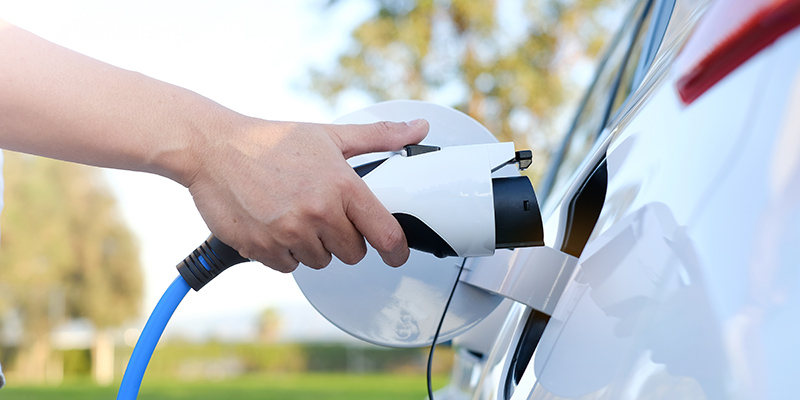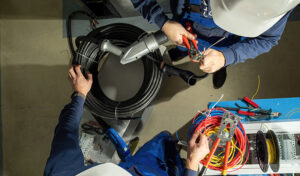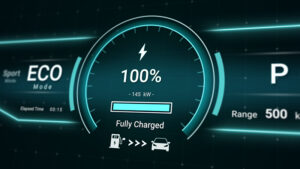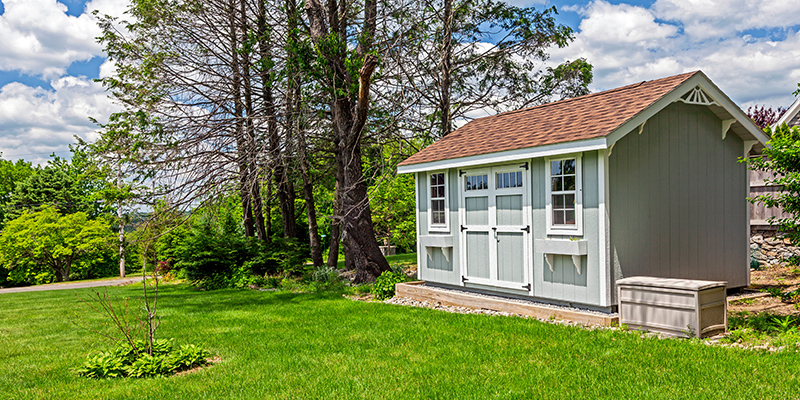Will Installing EV Chargers Increase HOA Dues?

Can EV chargers increase HOA dues? This is a growing concern among many homeowners living in HOA communities. As the focus of the world shifts to more sustainable modes of transportation, the rise of electric vehicles is inevitable. With EVs already taking a sizable chunk of the market, HOAs are facing an uptick in requests for chargers.
Browse By Category
Sign up for Our Newsletter
Can EV chargers increase HOA dues? This is a growing concern among many homeowners living in HOA communities. As the focus of the world shifts to more sustainable modes of transportation, the rise of electric vehicles is inevitable. With EVs already taking a sizable chunk of the market, HOAs are facing an uptick in requests for chargers.
How Will EV Chargers Increase HOA Dues?
Homeowners associations collect regular dues from members of the community. The HOA uses these dues to pay for the costs associated with upkeep and maintenance, insurance, and the like. While most HOAs usually cover utilities in common areas, some also cover utility expenses for individual units. The setup, including what fees cover, ultimately depends on an association’s governing documents.
Will EV chargers increase HOA dues, then?
Determining who will be responsible for EV charging stations in communities where dues don’t cover unit owners’ electric bills is easy. In a community where utilities, including electricity, are covered by HOA fees, the division of responsibility becomes a bit more complicated. In such communities, the installation of EV chargers will undoubtedly cause dues to increase. After all, installing and using EV charging stations comes with certain costs.
Here are the costs associated with EV chargers that may raise HOA dues.
 1. Initial Installation Costs
1. Initial Installation Costs
The installation of EV chargers involves upfront costs, including purchasing the charging stations, electrical upgrades, permits, and labor. These costs will need to be covered, either through a special assessment, allocation of reserve funds, or a temporary increase in homeowner dues.
2. Long-Term Operating Costs
Operating and maintaining the EV chargers will incur ongoing expenses for electricity usage, maintenance, repairs, and potentially additional insurance costs. These recurring costs may lead to an increase in HOA dues.
3. Impact on Electric Bill Allocation
While some associations divide expenses evenly among all homeowners, others use a special formula to allocate expenses according to their separate interests. With the installation of EV chargers, an HOA may need to revisit how they allocate the electric bill expenses. This could involve adjusting the allocation formula to distribute the costs associated with the charging stations fairly.
Examining Fairness in Distributing Costs
Homeowners associations can be very diverse. Not everyone drives the same type of vehicle. Some may prefer electric cars, while others may not care for them or have yet to switch over. As such, it is unfair to force all homeowners to pay for an expense that only benefits a few. If a homeowner doesn’t drive an EV, why should they answer for the costs?
An HOA may want to distribute costs evenly among all homeowners to encourage drivers to invest in electric vehicles. Noble as this may be, though, associations are not required to promote sustainability. Plus, an HOA may encounter heavy pushback from homeowners.
The most straightforward solution is to keep EV-related costs separate from HOA dues. Installation alone can significantly drive up fees for homeowners. EV chargers in HOAs can run from $850 to $2,200 per piece, with some going for as high as $4,500.
Homeowners associations should also consider investing in EV charging stations that offer advanced functionalities. These functionalities can separate the cost of electricity used for charging. Installing a sub-meter can also help associations distinguish electricity usage between common areas and EV chargers.
As for maintenance and upkeep, homeowners who use the EV charging stations can cover the costs. Since these chargers will likely be installed in common spaces, the HOA can manage maintenance and divide the expenses among EV owners.
The alternative to all of this is to permit homeowners to install EV charging stations on their property. Of course, this only works for single-family communities where owners can work with more sizable spaces. Remember that some states, such as California, prohibit HOAs from banning EV chargers.
Enacting an Electric Vehicle Charging Policy
The commitment to more sustainable living is becoming more widespread among younger generations. Thus, associations that wish to attract new buyers and retain current ones should consider enacting an EV charging policy. An HOA can adopt three main setups: HOA-owned EV chargers, resident-owned EV chargers (with HOA approval), and the hybrid setup or shared EV chargers.
HOA-Owned EV Chargers
In this type of setup, the HOA owns the EV charging stations. The HOA is responsible for installing and maintaining the charging stations in common areas, such as a parking facility. Homeowners can then charge their vehicles according to an hourly usage rate. The HOA will charge the hourly usage fee to individual homeowners, typically through their monthly HOA dues.
 Resident-Owned EV Chargers (With HOA Approval)
Resident-Owned EV Chargers (With HOA Approval)
In this type of setup, homeowners pay for installing and maintaining EV charging stations. The HOA’s role is to monitor the process to ensure the stations meet the association’s standards. The association does not need to pay for any cost with resident-owned chargers. This means homeowners won’t see an increase in dues.
Hybrid Setup or Shared EV Chargers
In this setup, HOAs and homeowners share ownership over EV charging stations. The HOA can pay for the installation of the charging stations and infrastructure maintenance costs. Meanwhile, homeowners will pay for individual charging usage fees, with the HOA monitoring allocation and billing.
Should EV Chargers Increase HOA Dues?
In communities where the HOA covers utility bills of individual units, installing EV chargers can raise dues. Associations will likely face a negative reaction from some owners, mainly because not everyone drives an electric vehicle. As such, HOA boards should consider other options and reevaluate their bill allocation. Collaborative decision-making can help ensure a fair and well-informed approach, creating a more harmonious living environment.
An HOA management company can advise the board on various issues and decisions, including EV charging stations. Start your search for the best one in your area using our online directory!
RELATED ARTICLES:
- Senate Bill 40: What Is the Electric Vehicle Charging Act?
- HOA Electric Car Charging Policy: Why Have One?
- HOA Architectural Committee: Function, Role, and Responsibilities
Trending Now
Related Article
Sign up for Our Monthly Newsletter
Sign up below for monthly updates on all HOA Resource
















